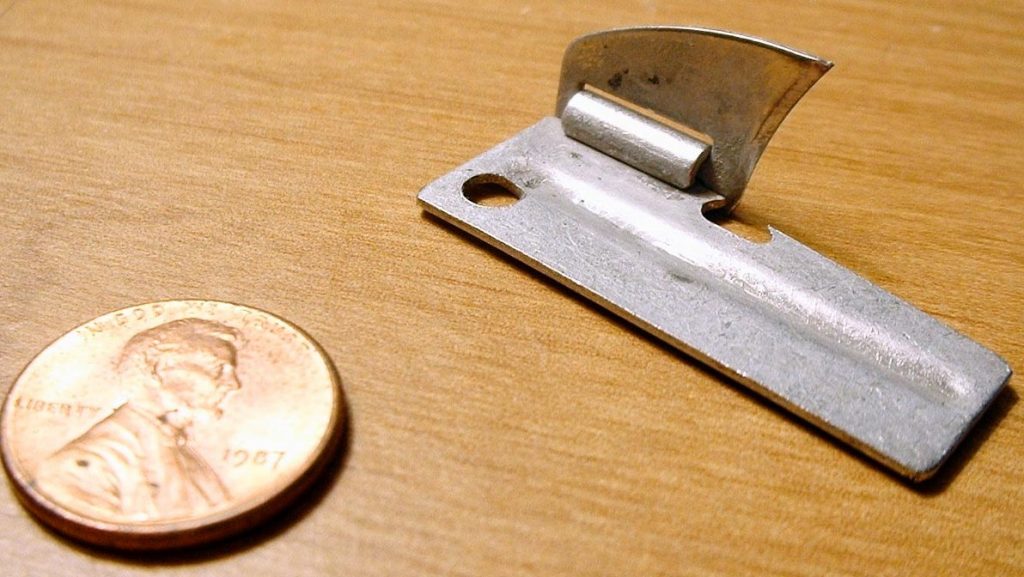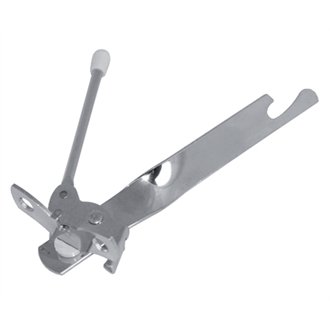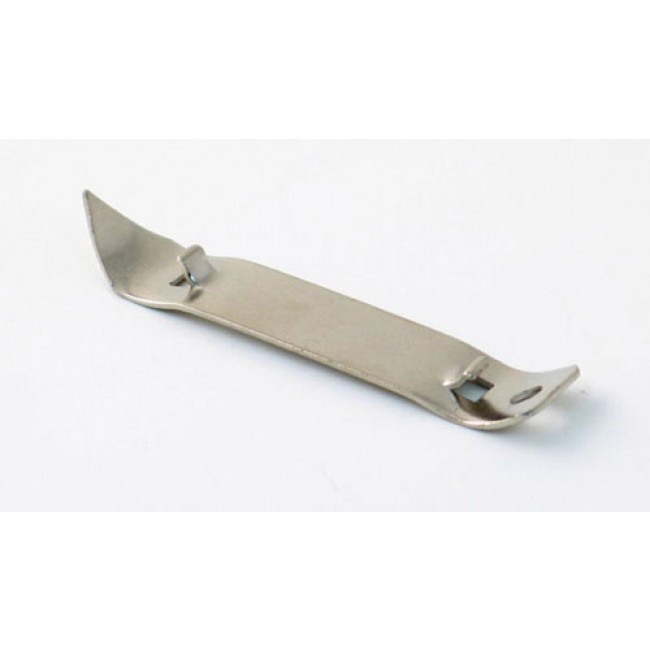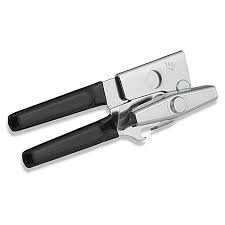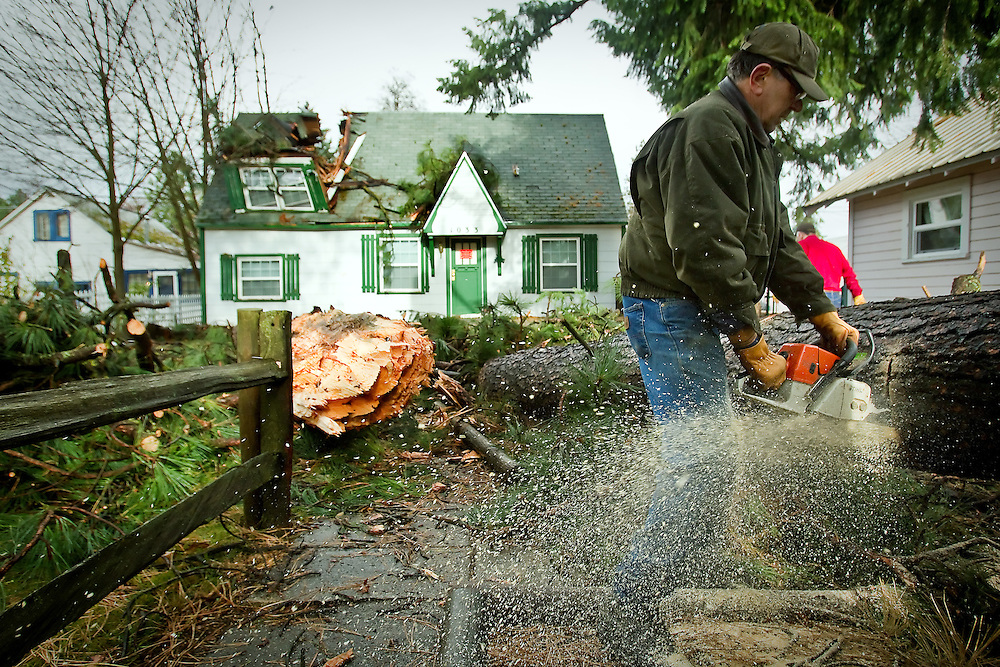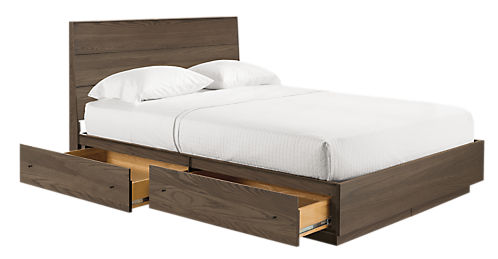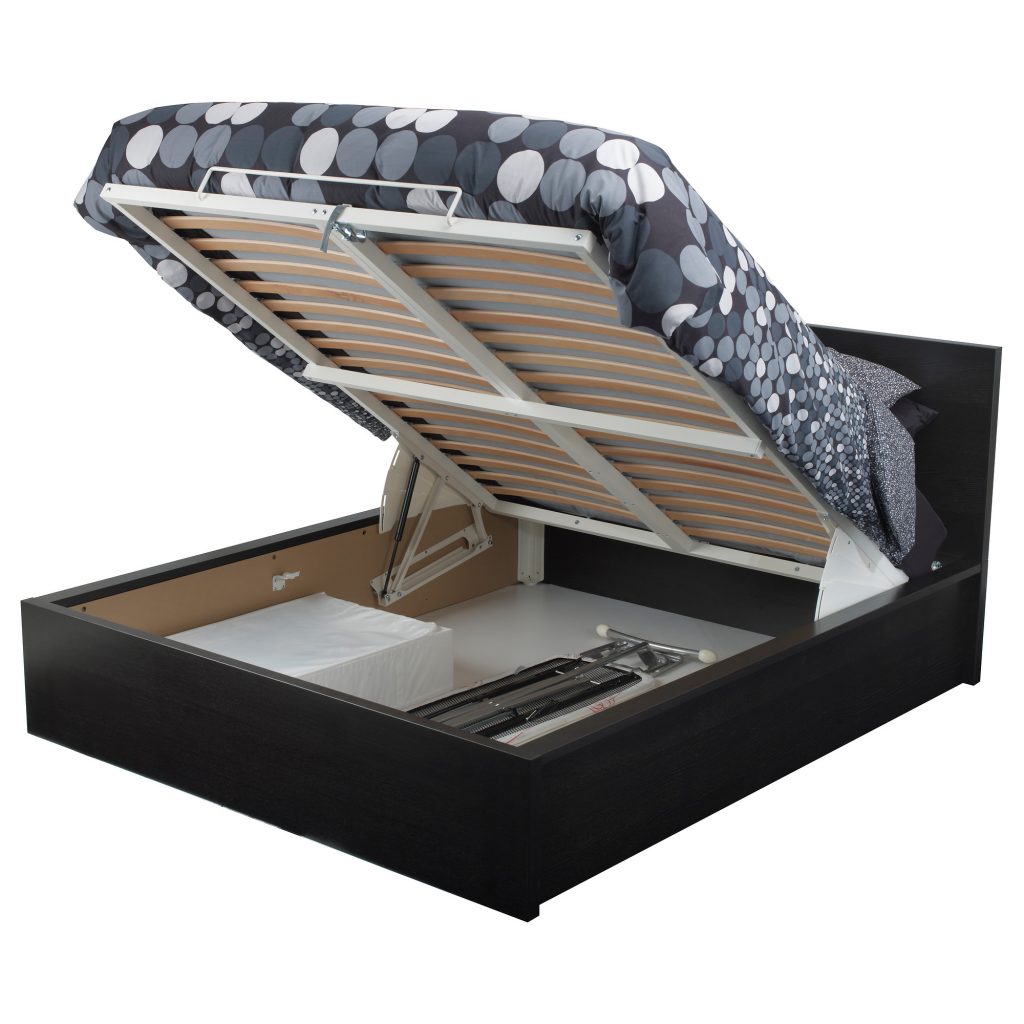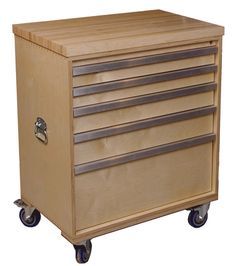Written by Guest Contributor on The Prepper Journal.
As a prepper, you need to learn diametrically opposite things when it comes to sleep. Both are useful for different situations.
On one hand, you need to learn how to get a good night’s sleep–because this is useful for everyday performance. Without adequate levels of rest, humans deteriorate both physically and mentally to the point where our very lives are at risk. For example, extreme exhaustion can lead to impaired judgment, something nobody wants in a life or death situation. Furthermore, lack of sleep can do damage to the immune system, making us especially susceptible to illness and infections which may be difficult to treat in an environment where resources are limited.
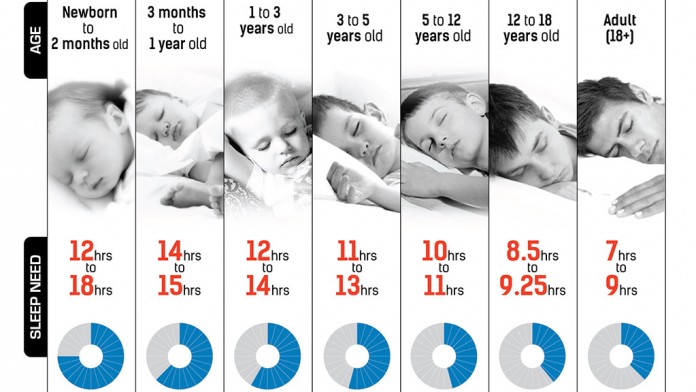
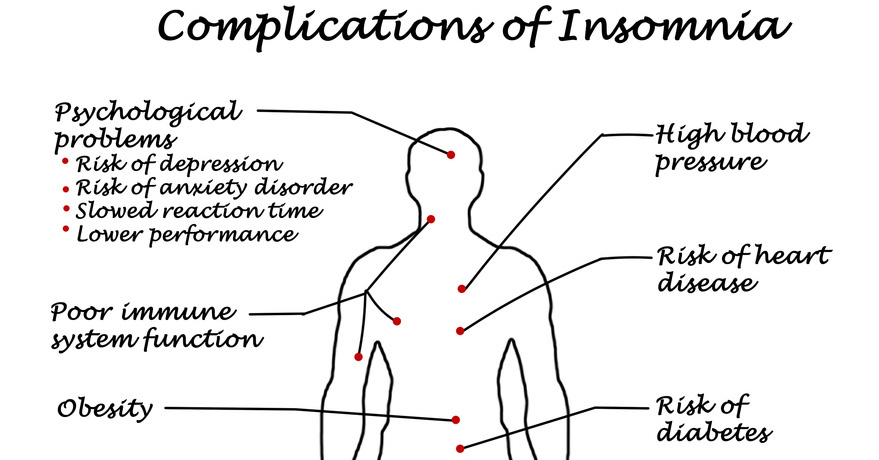
On the other hand, you’ve got to learn about the benefits of sleep deprivation in training–because this will help you remain alert and able during an emergency when you’ve had little or no sleep. Despite the health risks posed by not getting enough sleep, the human body and mind can continue to function for a surprisingly long time without proper rest. You’ll be able to perform well despite sleep deprivation if you’ve undergone the necessary training beforehand.
Since both are topics that can be discussed at length, for the sake of focus, let’s talk about how to sleep well first and why it is essential that you understand how to get a good night’s sleep and why it’s important. We will address the benefits of learning to function better in spite of a lack of sleep in a follow-up article.
How to Get a Good Night’s Sleep
Here are three ways to make sure you sleep well:
Sleep on a good mattress: A good mattress is essential for getting a good night’s sleep. A good bedding/mattress store will offers mattresses from top manufacturers like Serta, Simmons, TempurPedic, and Taylor & Wells. So the first place to start when it comes to troubleshooting how to improve the quality of your night’s rest is with a good mattress. One that is right for you. This is one of the things that, well, getting a bargain is never a bad thing, but sacrificing comfort and function for a few buck is NOT a smart decision.
Keep your bedroom dark and quiet: Our Stone Age ancestors slept in dark, quiet and cool caves and caverns. Consequently, we may be biologically primed to respond to these conditions. When a room is dark and quiet, and when it isn’t hot and stuffy, we sleep deeply. Darkening your room is as simple as turning off bright electronics in your bedroom, like your digital clock, computer, and television, adding window coverings and closing doors. If, for some reason, you can’t reduce the noise in the house, buy a white noise machine. And, finally, adjust the thermostat for the right temperature.
Enjoy a hot shower or bath before bed to calm your mind and relax your muscles: Although you’ll sleep better in a cooler room than a hotter one, your muscles relax more when you raise your body’s core temperature with a hot bath. Also, consider adding a few drops of a calming essential oil like lavender to the bath or as a mist on sheets to help trigger drowsiness.
Why You Need to Get a Good Night’s Sleep
Here is a quick list of the seven benefits you’ll get after a good night’s sleep:

You’ll get smarter: A good night’s sleep improves alertness and cognitive function. Additionally, sleep helps you remember important information. If you study before sleep, a process called Memory Consolidation helps your brain make connections, find contextual relationships, and build long-term memories.
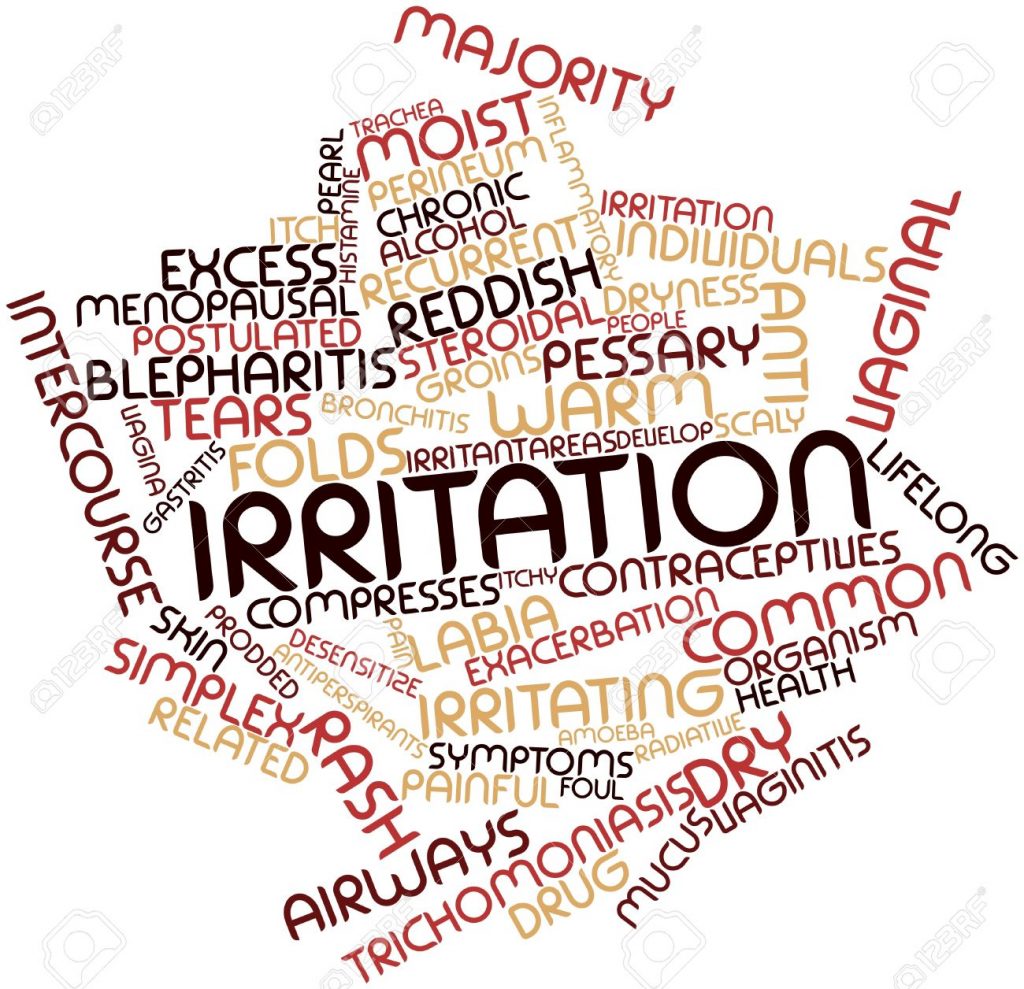
You’ll be less stressed: When you’re sleep deprived, your blood pressure and stress hormones spike. Observable symptoms of stress from sleep deprivation include irritation, anger, and overwhelm. People who have not had a good night’s rest are more likely to lose patience with their spouse and children, yelling at them for trivial issues. They are also likely to be disinterested and unmotivated in things that they previously found engaging.
You’ll live longer: Studies have shown that there’s a direct correlation between the overall quality of sleep you get every night and your longevity. Every major physiological system and organ appears to be compromised when a person does not get enough sleep. For instance, they find difficulty in thinking clearly, heart variance rates are higher, and their immune system is compromised. When you get enough sleep, it will improve your overall health. Sleep helps your body heal from the pain of a recent injury, and it also boosts your immune system, reduces inflammation, controls blood sugar, and regulates heart rate.



You’ll be in a better mood: If you get enough sleep every night, your serotonin levels will soar, promoting a sense of peace and a feeling of well-being. The amygdala and the prefrontal cortex play a critical role in mood regulation. Connectivity between these two brain centers is higher when you’re well-rested and much lower when you’re suffering from sleep deprivation. This enhanced connectivity results in more effective executive functioning, better reactivity, and reduced impulsiveness.
You’ll be more attractive: When you sleep, your body begins to repair your skin, adding collagen protein and regenerating cells. Collagen prevents skin from sagging, and when you have plenty of collagen your skin is plumper. Conversely, insufficient collagen causes wrinkling.
You’ll control your weight: Weight control is managed by the hormones leptin and ghrelin. When you don’t get enough sleep, your levels of leptin go up, which, in turn, stimulates your appetite, making you overeat. Insufficient sleep also spikes up ghrelin, which stimulates appetite, reduces how many calories you burn, and increases how much fat you store. So, when leptin and ghrelin levels go up because of insufficient sleep, it becomes almost impossible to lose weight.
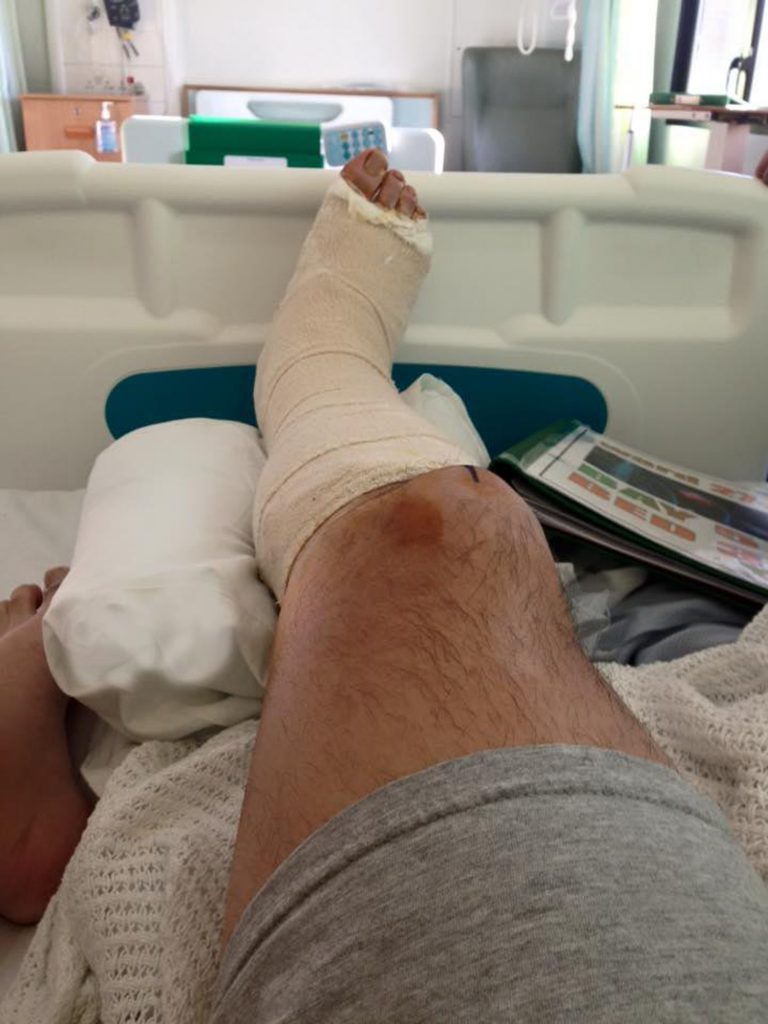
You’ll be less accident-prone: Although clumsiness caused by drowsiness might just result in bumps and bruises or dropping and breaking things, some accidents are far more dangerous. For instance, the National Highway Traffic Safety Administration reported that drowsy driving causes fatalities. In 2014, they reported 846 deaths were due to drowsy driving. Although much attention has been paid to fatalities and injuries due to alcohol, sleepiness has also played a significant role in poor decisions and slow reaction times behind the wheel.
The one lesson we probably all wish we’d learned years ago would be how to get a good night’s sleep. When you get good at figuring out how to get enough sleep, you’ll feel alert and ready to deal with anything that comes your way during the day. Good sleep allows you to feel happier and be healthier. You’ll be at your best the next day, ready and able to perform mental and physical tasks well.
Follow The Prepper Journal on Facebook!
The post Learn How to Manage Your Sleep for Optimum Health and Increased Longevity appeared first on The Prepper Journal.
from The Prepper Journal
Don't forget to visit the store and pick up some gear at The COR Outfitters. How prepared are you for emergencies?
#SurvivalFirestarter #SurvivalBugOutBackpack #PrepperSurvivalPack #SHTFGear #SHTFBag






















